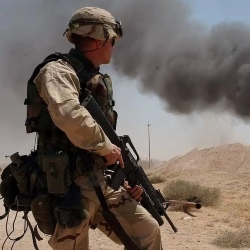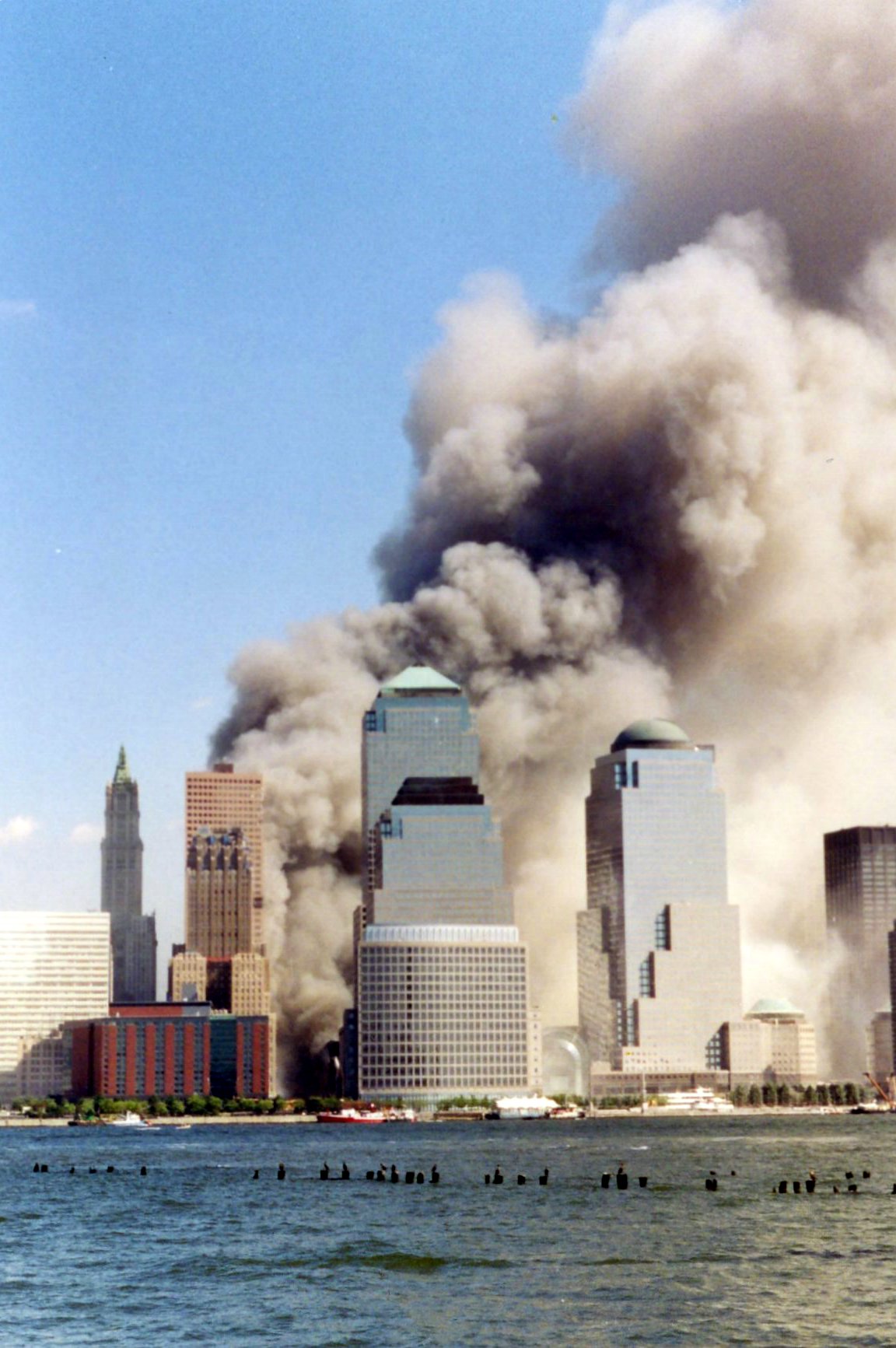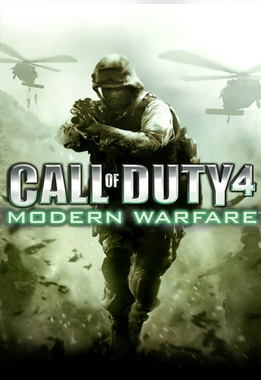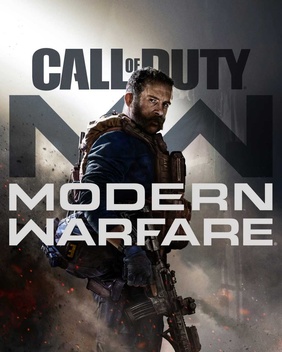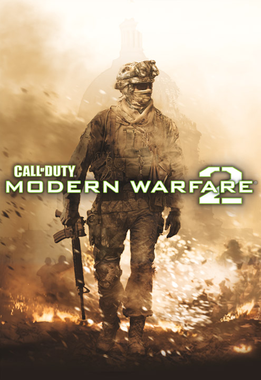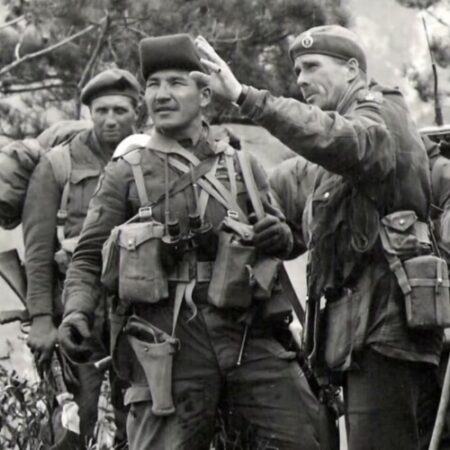Call of Duty has had a big influence in the history of gaming. The series introduced many people to the first-person shooter style and popularized the Second World War as a viable gaming setting not just for strategy games. However, later iterations of the franchise moved to a period much closer to us, specifically the many U.S. interventions in the Middle East at the start of the 21st century that profoundly changed and influenced conditions in this region.
American interventions in the Middle East
The Middle East has always interested the United States because of its major oil reserves. Significant control of the region could influence the world’s oil supply and create a monopoly. This explains the U.S. decision to develop allies in the region, starting with Saudi Arabia at the end of the Second World War, and its support for the Iranian coup in 1953 against the democratically elected government to reinstall the Shah (the royal title for the head of the Iranian monarchy), who was in favour of foreign oil exploitation. These two examples show how Americans have always been interested in this region; however, this interest ramped up going into the 21st century.
U.S. interest started in the early 1990s with the Gulf War, which was triggered after Iraqi dictator Saddam Hussein invaded Kuwait in 1991 in a bid to exert control over the country’s rich oil reserves. This was interpreted as a threat to the U.S., which quickly formed an international coalition to condemn Saddam Hussein, push the Iraqi army out of Kuwait, and punish Iraq for this assault. This first war made Americans very mindful of the threat of the Middle East, a fear amplified by the World Trade Center attack on September 11, 2001. Between 1991 and 2001, the United States went through a period of unipolar domination. After the fall of the Soviet Union, it saw itself as virtually invincible and had no threat to its dominance for about a decade.
The participation of Al Qaeda and Osama Bin Laden in world conflicts created a fissure in this perception of invincibility and drew the U.S. into other conflicts, specifically the War in Afghanistan and the Iraq War in 2003. The U.S. launched the former operation in 2001 to find the terrorists responsible for the 9/11 attack. The latter conflict broke out after the U.S. government released intelligence showing that Iraq possessed weapons of mass destruction in order to justify preventive action against a country already defeated during the first Gulf War. We now know that this intelligence was unsubstantiated and only fed the paranoia of the Bush administration. Both conflicts became drawn-out wars that led to more conflicts and caused the death of hundreds of thousands of civilians.
The next major conflicts in the Middle East occurred in 2011 and were triggered by the popular uprisings of the Arab Spring. These protests sparked civil war in countries such as Libya and Syria, and the U.S. became involved in these internal conflicts by supporting rebel factions to tip the scale in their favour, despite some reluctance on their part. According to experts, the use of tactics without the massive deployment of soldiers, such as bombings or sending weapons to their chosen faction, in fact extended these conflicts. Another aspect in subsequent years was the ongoing Global War on Terrorism, with drone strikes terrorizing different regions to eliminate terrorist threats while exacting collateral damage on civilians.
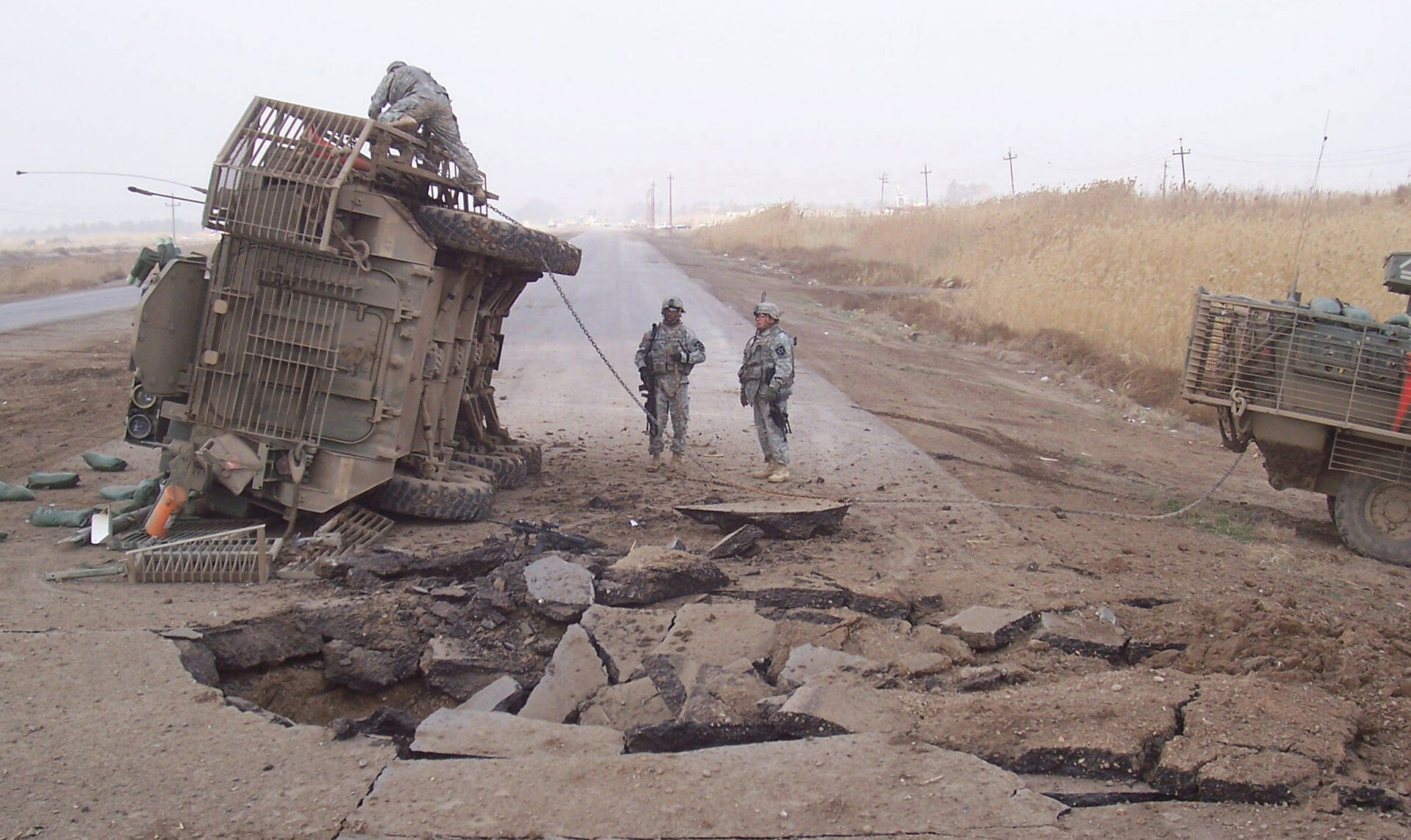
The Call of Duty: Modern Warfare series
Now that we know the role of the U.S. in Middle Eastern conflicts, we can look at the Call of Duty games that draw inspiration from them: Modern Warfare (2007), Modern Warfare 2 (2009), and their more recent sequels in 2019 and 2022. For simplicity’s sake, we will separate the four games into two groups, as the narrative of the first two games in 2007 and 2009 deal more with conflicts in the early 2000s, while the last two games released in 2019 and 2022 are based on conflicts in the 2010s.
The first two games paint a very Manichean portrait of a world torn between two sides clearly identified as good and evil. A dictator overthrows the regime of an unnamed Middle Eastern country and deposes the president, who has close ties to the United States. We know that this dictator is bad because he is supported by ultranationalist Russians and has nuclear weapons, which are later launched to destroy the capital of the overthrown country and annihilate the American forces.
In the second game, the dictator has been taken out through a clandestine military operation, and the United States is continuing to hunt down his supporters who have fled the region. The rest of the game quickly pivots from the Middle East conflict to focus on a terrorist plot involving a Russian invasion of the U.S. Eastern Seaboard. The game’s representation of Arabs and the inhabitants of the region is both Orientalist and racist and reinforces the antagonism of these groups as well as the United States’ key role as the world’s police and guardian of democracy. For example, the country depicted in the game is very similar to Iraq but is then represented as the Arabian Peninsula and later Central Asia, specifically Afghanistan.
The Modern Warfare sequels in the second group try to depict a world with more shades of grey, although with a lens still tinted by the dominant ideology. Here, the conflict is a blend between the Syrian civil war (in terms of how the conflict unfolds) and the Libyan civil war (in terms of the positioning of the Western forces). Instead of lumping all Arabs together, the game developers created a country called Urzikstan where they could create new factions: one fighting for independence and another comprised of Russian-backed terrorists carrying out attacks against Western countries. In this case, the games highlight the brutality of the antagonists.
In Modern Warfare (2019), the mission called “Highway of Death,” a reference to a U.S. attack during the 1991 Gulf War, is depicted as being carried out by Russians. The games try to seem serious by attempting to represent a nuanced world, but they still tell a story in which Americans are the good guys whose only major flaw is a fear of getting their hands dirty in world affairs by intervening in Urzikstan.
Games are not history
These games present a neoconservative view of American conflicts in the Middle East in which the United States is a positive force in the world and its enemies are as dangerous as we can imagine. The games show a hostile world that wants to overthrow the good democratic states of the West. This highly biased vision ignores the material reality and inequality between states and, despite the developers’ intentions, continues to spread a pro-imperialist and pro-American view of these conflicts.
The goal here is not to call for a boycott of these games but to advise people to be mindful that their messages are not without bias. Many gamers have adopted the Call of Duty perception of the contemporary world and the worldview of those in power. We must be critical of all media we consume, and these games are no exception.
Article written by Pierre-Luc Noël, Master’s candidate in history at Sherbrooke University, for Je Me Souviens. Translated by Amy Butcher (traductionsamyb.ca).
In addition:
In preparation for our first-ever exhibition, Remembering Afghanistan, the Je me souviens team met with several veterans of the Afghan War in 2019. During the interview with Nicholas Gauthier, from the Royal Montreal Regiment, the subject of the representation of war in video games was discussed. To accompany this article, we offer you this short video where Nicholas Gauthier explains his personal feelings on the subject.
Sources:
- “‘Call of Duty’ Doesn’t Just Depict Bad History—It’s Pro-War Propaganda“, The Progressive Magazine.
- “There should be no more Middle East exception in US policy“, Al Jazeera.
- “Why did the US and allies invade Iraq, 20 years ago?“, BBC News.
For a more academic approach:
- Frédérick Gagnon, ““Invading Your Hearts and Minds”: Call of Duty® and the (Re)Writing of Militarism in U.S. Digital Games and Popular Culture“, European journal of American studies, vol. 5, no. 3, 2010, pp. 1-20.

